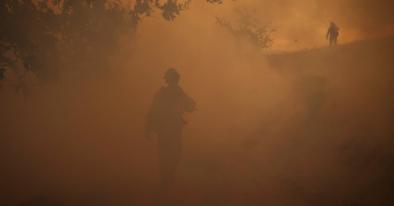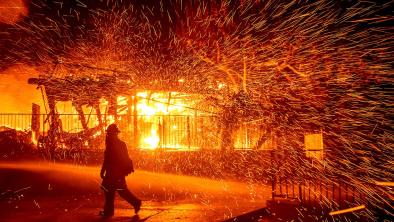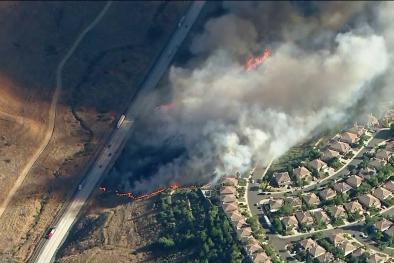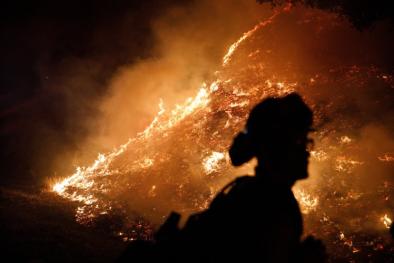Science Source
Climate Change and Bark Beetles of the Western United States and Canada: Direct and Indirect Effects
- States that climatic changes are predicted to significantly affect the frequency and severity of disturbances that shape forest ecosystems
- Provides a synthesis of climate change effects on native bark beetles, important mortality agents of conifers in western North America
- States that because of differences in temperature-dependent life-history strategies, including cold-induced mortality and developmental timing, responses to warming will differ among and within bark beetle species
- States that the success of bark beetle populations will also be influenced indirectly by the effects of climate on community associates and host-tree vigor, although little information is available to quantify these relationships
- Uses available population models and climate forecasts to explore the responses of two eruptive bark beetle species
- Predicts increases in thermal regimes conducive to population success for Dendroctonus rufipennis (Kirby) and Dendroctonus ponderosae Hopkins, although there is considerable spatial and temporal variability
- These predictions from population models suggest a movement of temperature suitability to higher latitudes and elevations and identify regions with a high potential for bark beetle outbreaks and associated tree mortality in the coming century
Related Content
Headline

Nov 5, 2019 | The New York Times
5 Lessons We Learned From the California Wildfires
Headline

Oct 31, 2019 | The Weather Channel
Two New California Wildfires Burn Homes In San Bernardino, Riverside; Evacuations Underway
Headline

Oct 29, 2019 | BNN
California Fire Damage Already at $25.4 Billion, and Counting
Headline

Oct 29, 2019 | The Mercury News
California fires: Is climate change making the winds stronger?


